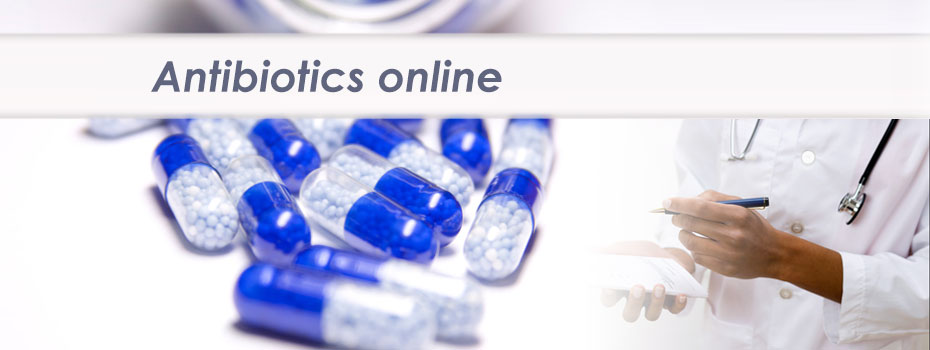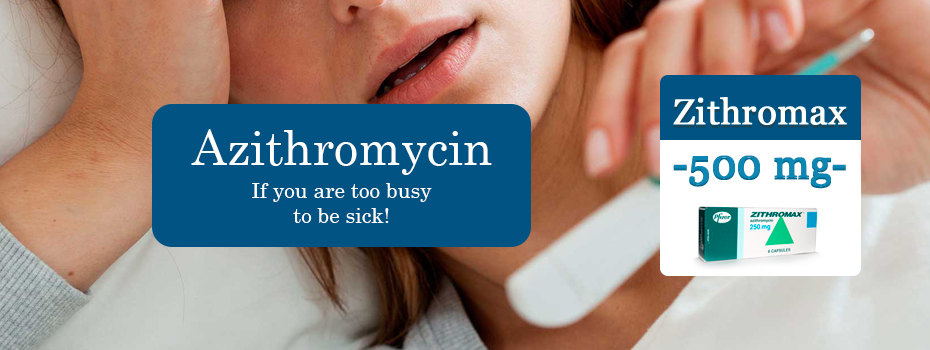Medicine from drug
The undesirable effect can cause any medical product. But the most expressed allergenic properties squirrels, enzymes, the hormones received from bodies of animals, antibiotics possess, etc.
Experience of studying of allergic complications has shown that they arise at patients with allergic diseases (a bronchial asthma, pollen disease – an allergy to pollen of plants, an atopic dermatitis) and at women, especially after 50 years (71 %) is more often.
Most "allergenic" is medicine influence on a skin, but reaction can develop and at preparation reception inside or introduction in the form of injections. Some medical products get to an organism as preservatives or the stabilizers used at preparation of cosmetic creams, lotions (ethylenediamine).
It is a little statistics: according to the summary data on a number of the countries, the medicinal allergy meets at 8–12 % of patients. In the USA 2,1 million medicinal complications is registered, and about 100 thousand from them have a deadly outcome. In Great Britain about 2 thousand reactions a year is registered only on application of anti-inflammatory preparations. Death rate from complications of medicinal therapy left on 5 place in the world.
In many countries the national centers on control of safety of the medicines which work is coordinated by World Health Organization (CART) function. In a database the CART is available about 2 million messages on undesirable by-effects of medicines, including a phytogenesis, and biologically active additives. The last, as it is known, aren't exposed to so strict studying and control, as medical products and consequently can become the reason of heavy complications.
Most often the allergy develops at application of antibiotics, sulfonamides, nonsteroid anti-inflammatory preparations, introduction tetanus whey, and in the lead position in this list occupies the prolonged forms sulfonamides – sulfadimetoxin, to-trimoxazol (biseptol, septrin, oriprim). Frequency of allergic and other by-effects has led to use restriction to-trimoksazola in the world: a preparation appoint only when sensitivity of the activator of disease to it is confirmed by bacteriological researches. The similar weighed application of a preparation would help also to many our patients to avoid complications owing to reception favourite by them biseptol.
From antibiotics most often the reason of allergic reaction are preparations of groups of penicillin (ampicillin, oxacillin, amoxiclav), chloramphenicol (chloramphenicol), tetracycline (oletetrin, doxycycline, vibramycin).
Aspirin (acetilsalicylic acid) and preparations pyrazolone a number (analginum, baralgin, tempalgin, etc.) more often other nonsteroid anti-inflammatory preparations happen the allergy reason. Numerous collateral reactions to them demand increase of level of the information of patients about every possible complications. The patient can receive this knowledge from the doctor, from the instruction and advertizing materials.
Use of "harmless" vegetative preparations also can become complicated heavy allergic reaction if they are appointed to the patient suffering pollinosis. It can be camomile broth, calendula tincture, the honey and propolis preparations containing pollen of plants, the case of development in the lying-in woman, for a suffering allergy to pollen asteraceae, heavy anaphylactic the shock which has followed application of broth of a camomile at carrying out of a cleaning enema is etc. widely known. The patient managed to be rescued, and the child – isn't present.
The most often medicinal allergy develops at various catarrhal the diseases, which patients try to treat independently analgetics, antibiotics, sulfonamides. The self-treatment problem is now in the attention center as abroad, and in our country. Responsibility of the patient for the health should be the key characteristic of self-treatment.
The concept of the responsible self-treatment, obtained an official recognition at the European level, supposes independent application OTC means for treatment of some diseases which don't demand intervention of the doctor. Requirements to manufacturers of pharmaceutical production thus increase. Being the primary source of the information on medicines made by them, they bear responsibility for availability and reliability of this information.
Clinical displays of a medicinal allergy are various, however the most typical reactions to medicines are skin defeats (to 89–90 %). They, as a rule, are accompanied by an intensive skin itch, can develop the sharp small tortoiseshell in the form of blisters, as at a burn a nettle, a hypostasis of Kvinke (pale asymmetric hypostases of eyelids, lips, auricles). For a designation of others skin rash (stains, papules, vials, etc.) the term «a medicamentous dermatitis» is applied. From allergic complications with primary defeat of a skin Stevens-Johnson's syndrome and a syndrome of Lajella the lethality at which reaches 50 % most hard proceed. At these complications fast joining of a secondary infection and development of nephritic insufficiency are marked diffuse defeat of a skin with formation of bubbles and the subsequent tearing away epidermis on the big sites, and also.
Other displays of a medicinal allergy are possible also: an allergic rhinitis, attacks of a bronchial asthma, serum illnesses, a medicinal fever, allergic defeats of lungs, hearts, a liver, kidneys, nervous system, a gastroenteric path, hematologic complications. One of them arise in a few minutes or hours after preparation application, others – in some days or even weeks.
The heaviest display of a medicinal allergy is anaphylactic shock. This display of allergic reaction of immediate type which is characterized by quickly developing symptoms: the expressed skin itch, the small tortoiseshell, a hypostasis of Kvinke, lacrimation, a sneezing, cough, difficulty of breath, a belly-ache, sharp weakness, pressure drop, consciousness loss. Only in due time rendered medical aid can rescue human life.
The allergy – unpredictable complication of medicamentous therapy, it is possible at any person. But especially often it develops at patients with already available allergic diseases and proceeds at them more hard. To the patients, suffering allergic diseases, the allergist doesn't recommend to appoint penicillin preparations – "king" of allergens all over the world, is sad become famous for development anaphylactic shock. Treatment of such patients always needs to be spent under strict indications. They shouldn't work at pharmaceutical factories, in drugstores, medical and veterinary establishments where there is a constant contact to medicines.
Promotes occurrence of allergic complications polytherapy, frequent repeated application of medical products, especially faltering courses and without due indications. It concerns first of all unreasonable use of antibiotics and sulfonamides at treatment of sharp respiratory virus infections. At prescription of medicines with an allergy to any preparation in the past it is necessary for patient to remember that related to it on himiko-pharmacological group of means will necessarily cause allergic reaction and it can proceed hard.
If at drug intake there was a skin itch or rash on a skin, it is necessary to cancel urgently a preparation and to address to the allergist. Don't try to cope with a situation independently, continuing to accept a medicine and having added antiallergic preparations which will help to remove small symptoms of an allergy, but won't save you from occurrence of heavier.
The Allergologist will specify a spectrum of the preparations which have caused allergic reaction, will make recommendations about an exception of the means entering into group dangerous to you. He will warn about careful use of difficult preparations on structure: after all your worst enemy can enter into them. So, at an allergy to analginum it is necessary to exclude and such preparations as baralgin, tempalgin, pentalgin, andipal, etc. That who has transferred allergic reaction to medicines, it is not necessary to accept preparations without knowledge of their structure: under the new name all can disappear the same counter-indicative preparation.
Consultation of the allergist will be useful also to the people who have transferred heavy allergic reaction to a medicine. At some of them in connection with features of mentality and, unfortunately, sometimes with active assistance of doctors of other specialities develops phobic a neurosis accompanied by various vegetative reactions to reception of many preparations (palpitation, dizziness, a headache, inflow, an internal shiver, etc.), subject to treatment at the psychotherapist.
To the patient who is transferring allergic reaction earlier and afraid of its development in connection with application of necessary medicines, allergists advise to avoid use simultaneously a considerable quantity of medicines since the risk of formation of an allergy thus increases; application of the preparation which earlier wasn't appointed is expedient: the first course of treatment can pass without allergic complications. If allergic reaction has arisen against reception of two preparations or more, and these medicines vital to the patient or it is a question of a professional medicinal allergy, complex inspection in allergy establishment is necessary.
The allergist makes out the recommendations in the form of the passport sick of a medicinal allergy. For an exception of other allergic diseases it is spent specific allergy and immunological inspection, and then recommendations about treatment and preventive maintenance are made. Abroad the patients who have transferred heavy reactions to medicines, carry on a wrist an emblem "Medic Alert".
Remember: allergic reaction is better for warning, than to treat. The more you know, the suffer less!
Follow simple rules. Never accept medicines, without having consulted to the doctor. Apply medicines strictly under indications, under the scheme recommended by the doctor. Don't use preparations with the expired working life since at medicine storage components with allergenic or toxic effect could be formed. At first signs of undesirable effects after medicine application immediately stop its reception and address to the doctor. Write down and remember the trading and chemical name of a medical product which has caused allergic reaction, and inform on it to the doctor.
Antibacterial therapyCheer on the rulesPossible complications caused by antibiotics










